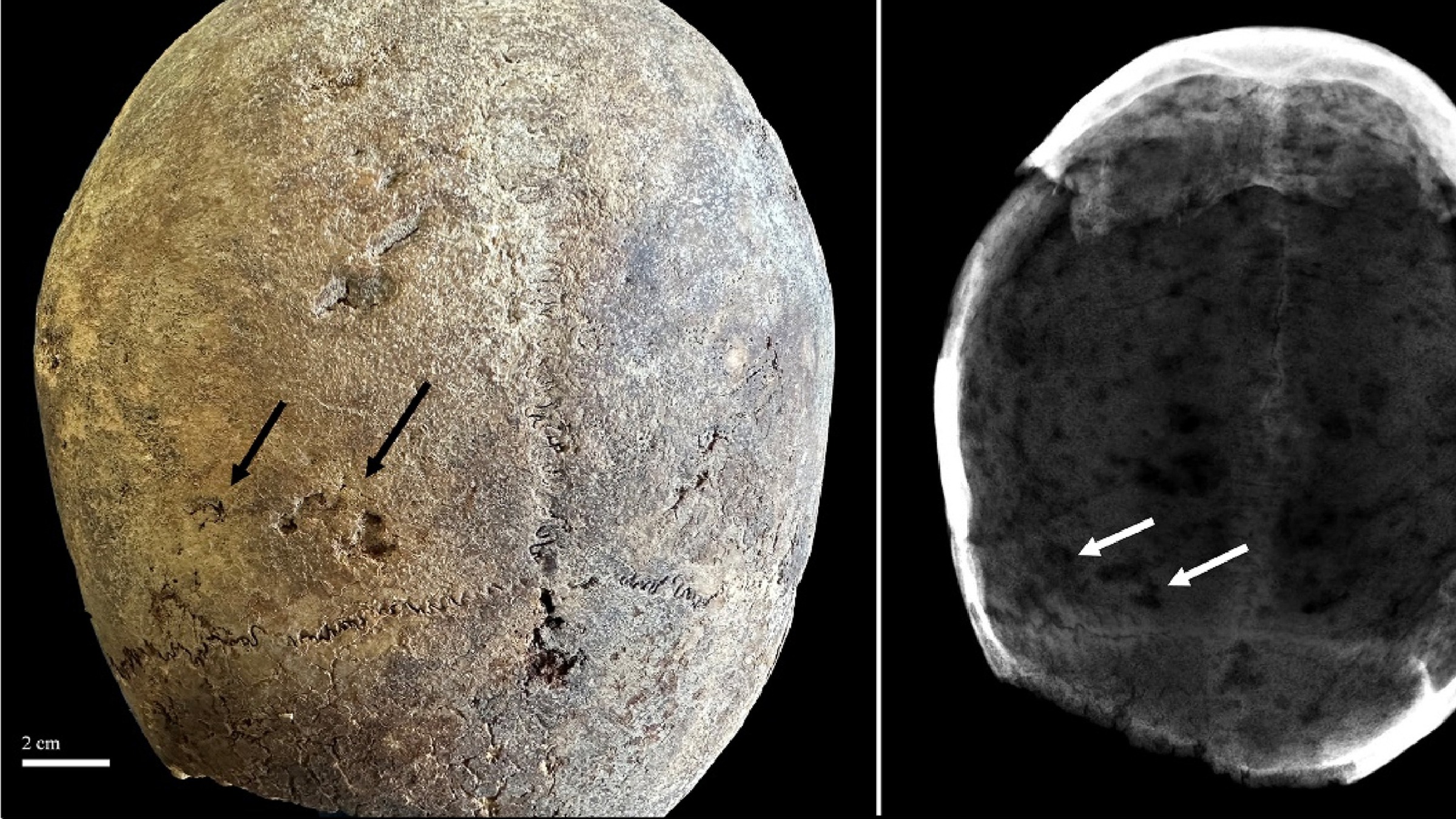Diversity, Vol. 15, Pages 421: The Importance of Thermally Abnormal Waters for Bioinvasions—A Case Study of Pistia stratiotes
Diversity doi: 10.3390/d15030421
Authors: Nina Šajna Tina Urek Primož Kušar Mirjana Šipek
Thermally abnormal waters represent safe sites for alien invasive plants requiring warmer conditions than provided by the ambient temperatures in the temperate zone. Therefore, such safe sites are frequently inhabited by tropical and sub-tropical plants. By performing a literature review we assessed that at least 55 alien aquatic plant taxa from 21 families were found in thermally abnormal waters in Europe. The majority of these taxa are submerged or rooted macrophytes. Six taxa are listed as quarantine pests according to EPPO. Among these, Pistia stratiotes is present in seven European countries, most of the records of this presence being recent. We studied P. stratiotes in a thermally abnormal stream where a persistent population was able to survive harsh winters. Models showed that the optimum temperature for P. stratiotes biomass was 28.8 ± 3.5 °C. Here, we show that air temperatures had a higher influence on the photosynthetic efficiency of P. stratiotes, estimated by chlorophyll fluorescence measurements, than did water temperatures. Generally, growth, and consequently surface cover for free-floating plants, cannot be explained solely by thermally abnormal water temperatures. We conclude that even though the majority of thermophile alien plant occurrences resulted from deliberate introductions, thermally abnormal waters pose an invasion risk for further deliberate, accidental, or spontaneous spread, which might be more likely for free-floating macrophytes.

 1 year ago
23
1 year ago
23


